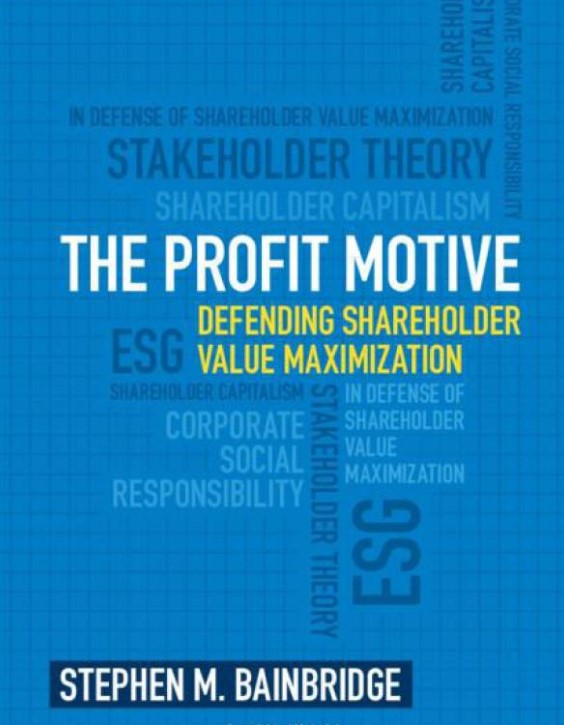What is the purpose of a corporation? Is it, as Nobel Economics laureate Milton Friedman famously claimed, “to increase its profits”?[1] Or is it, as the Business Roundtable—a group of approximately 200 mostly USA corporate CEOs— claimed in 2019, “generating good jobs, a strong and sustainable economy, innovation, a healthy environment and economic opportunity for all.”[2]
In the academic sphere, the weight of scholarly opinion has tilted substantially towards stakeholder capitalism in recent years.[3] The late law professor Lynn Stout dismissed shareholder value maximization as a mere myth, albeit a powerful one she claimed “causes companies to indulge in reckless, sociopathic, and socially irresponsible behaviors.”[4] Canadian law professor Joel Bakan went even further by condemning the business corporation itself as a “pathological institution” whose relentless pursuit of profit has psychopathic attributes.[5] In making such arguments, they reflect a widely shared narrative that “corporations are powerful, evil, malevolent, bad-actors intent on profit-making at the expense of the health, safety, and well-being of individuals.”[6]
Continue reading “The Profit Motive: In Defense of Shareholder Value Maximization”

